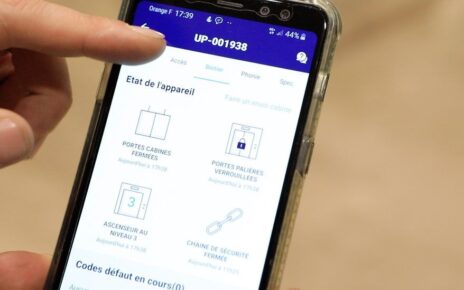If the 2020 hack on IT large SolarWinds supplied whatever of substance to the enterprise world, it ought to be an unquenchable want to shield their employees. The hack — centered to infiltrate SolarWinds’ Orion community administration device — affected heaps of customers, ranging from Fortune five hundred businesses to various authorities agencies. Unfortunately, the outcomes will be felt for years.
Early this year, American brain organizations pinned the assault on Russia after discovering quite a few similarities between the code used in the assault (referred to as UNC2452) and an older Russian malware (called Turla). The extent of the infiltration is nonetheless unknown, however the facts is already staggering. More than 18,000 clients downloaded the contaminated update, such as countrywide groups like the U.S. Treasury, the Department of Homeland Security and the Department of State.
The ramifications of this assault are sobering; nation-states and their organizations are in a position to infect a top-rated IT company’s software program and unfold it to hundreds of corporations when they patch their systems. Such an attack, recognized as a supply-chain attack, is insidious due to the fact patches and updates are regarded a should for preserving a protective cybersecurity posture. When the patch receives compromised, the effects can be devastating.
Tech-savvy customers are greater aware about data-sharing
With such dangers out there, companies have to be doing the whole lot in their strength to shield their personnel and data. When the sources of a adverse nation-state are stacked towards you, you cannot come up with the money for to pass over out on convenient victories. Cue the latest controversy with WhatsApp, a messaging platform that Facebook owns. It commenced bleeding clients when it started sharing information with its guardian company. With statistics privateness an ever-present concern, companies need to shy away from the usage of apps that permit statistics to be shared with any backyard party.
If the concept of sharing corporation records with one of the largest data-harvesters in the world scares you, it should. With its pioneering of end-to-end (E2E) encryption on popular textual content messages, WhatsApp shortly constructed up a large consumer base amongst humans involved about their privateness with Facebook messenger and notoriously insecure SMS messaging.
That consumer base is rapidly leaving as WhatsApp will become that which it swore to destroy, requiring customers to consent to share their records with Facebook. Suddenly, there may be no actual cause to maintain the use of WhatsApp, so customers are flocking to options like Signal or Telegram.
As of January 12, Signal suggested it had 50 million downloads on Android units alone. In January, Telegram hit five hundred million users, with 25 million of their new customers becoming a member of inside a 72-hour period. For reference, it took Telegram about six months to add one hundred million in 2019 and 2020. Clearly, WhatsApp’s mass exodus indicates that impenetrable messaging apps are nevertheless some thing most human beings desire and need.
These apps are additionally the use of wise methods to get greater humans to down load and use their app — like giving customers the capacity to migrate an whole team chat from WhatsApp to Signal with a easy link. Using this feature, Signal can develop its consumer base exponentially besides asking humans for their contact lists. Signal had round 20 million energetic customers in December 2020. While the organisation hasn’t disclosed how many new customers they’ve delivered given that WhatsApp began hemorrhaging users, it was once downloaded 7.5 million instances in a five-day length in January 2021 after Elon Musk tweeted about it.




